Dune is a very popular novel by Frank Herbert published in 1965 about a futuristic feudal interstellar society where noble houses control planetary fiefs. The story begins with Paul from House Atreides on planet, Arrakis, where “Spice”, a mélange that extends longevity, can be found. The book is one of the world’s best-selling Sci-Fi books. It has even been adapted into film several times. The first attempt was by Chilean cult filmmaker, Alejandro Jodorowsky, which was canceled by a constant budget increase. However, you can stream the documentary, Jodorowsky’s Dune, which explains how he would’ve filmed it. The surrealist mastermind, David Lynch, made the first film based on the book in 1984, which failed at the box office and later became praised as a cult film. It was also adapted into the mini-series Frank Herbert’s Dune and Frank Herbert’s Children of Dune. The second adaptations of the book are Dune and Dune: Part Two, directed by Academy Award nominee, Denis Villeneuve.
Villeneuve’s Dune is iconic due to the work of several incredibly talented artists. Greig Fraser’s photography is impeccable, he even won the 2022 Academy Award for Best Cinematography in Dune. The framing, the colors, and the captured landscapes prove the mastery of Fraser’s artistic eye. For example, in Dune: Part Two, the kiss between Chani (Zendaya) and Paul (Timothée Chalamet) is, in my opinion, beauty over beauty; a long-awaited romantic kiss surrounded by the stunning immensity of the desert, and the frightening side of it with its volatile nature.
Science and art fundamentals were also employed to create the Harkonnen black-and-white environment through the simultaneous use of different types of lenses, cameras, and equipment. For those scenes, Fraser and Villeneuve discussed the colors they wanted to emit; they wanted to include everything the sun hits and “put out the visible light”; a 3D camera rig was used as well as a color camera and an infrared camera. In an interview with Inverse Fraser explained:
“We had a 3D rig, which normally is used to make 3D films, but on one camera was a color camera, and the other camera was the infrared camera. And so we made sure we had lights that put out infrared for the infrared camera, and we had lights that the infrared camera couldn’t see, which were LEDs that put out visible light but don’t have infrared light. We had to have two different types of light sources on set that each camera could see separately and see differently.
Denis came to me and said, ‘I’ve got this great idea. They’re like anti fireworks. They suck the light out as opposed to putting the light in (Fraser in Gearan, 2024).“
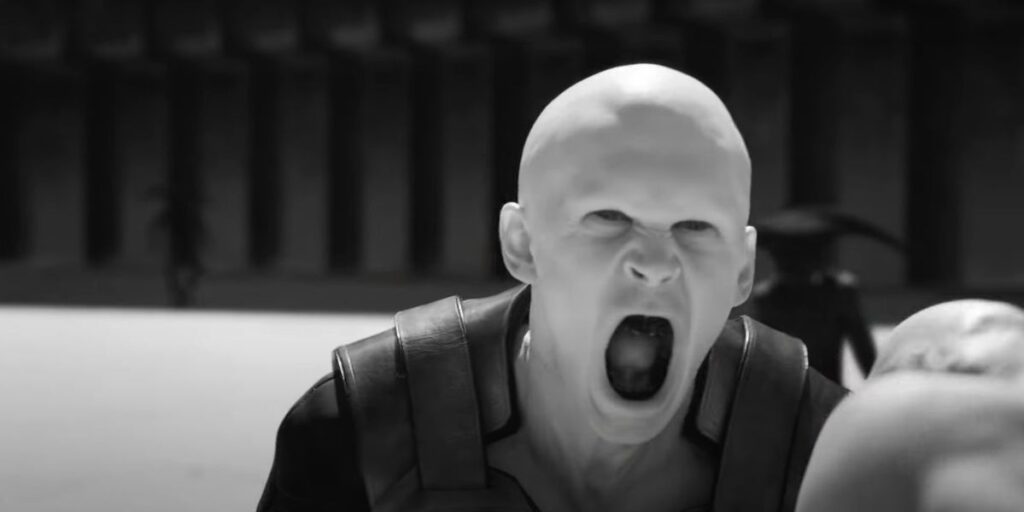
Hans’s Zimmer musical composition also contributes to the film’s brilliance. We don’t even have to explain much, we just have to mention his name and understand the glory of it. He also won the 2022 Academy Award for Best Original Score in Dune. Another reason why audiences are hyped about Villeneuve’s adaptation is the actors who play in it are not only crazy good, but they are also crazy popular. People love them: Zendaya, Timothée Chalamet, Rebecca Ferguson, Florence Pugh, Austin Butler, Javier Bardem, Léa Seydoux, Stellan Skarsgård, Christopher Walken, Josh Brolin, and even Anya Taylor Joy. All of them have also acted in several other critically acclaimed films. There’s no wonder why Dune’s fandom and especially Hollywood’s fandom are losing their minds.
Lastly, the original story is the biggest reason people love Dune. All I can say is “I love me a good feudalism story”. I think feudalism universes like Game of Thrones, Lord of the Rings, Dune, and Star Wars (also inspired by Dune) are good because they resonate with people. Even if we don’t live in a feudalist system anymore, we face political restlessness. We like to believe that everything is 100% democratic and that our current societies don’t face power feuds, but that’s not true. The day-to-day speeches we hear in the Western World sound like “everything is working because we have overcome several struggles, oppression, abuse, etc.”, but the underlying truth is that we still have a long way to go. People are aware many social issues must improve but pointing out where exactly we are failing as a society is difficult. Many details go unnoticed, we know something is wrong, but we can’t exactly decipher what. Even though people are analytical and explicit on social media, the specific origin of issues gets forgotten after a while, so stories like Dune remind us of those problems we take for granted.
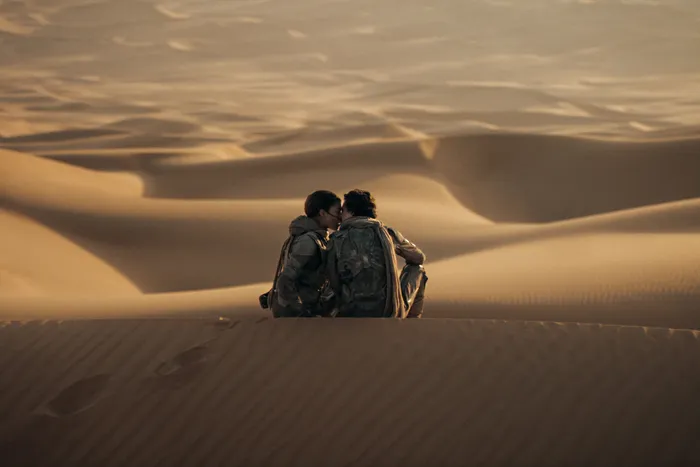
Another plot that resonates with people is how heroes can easily become what they were against. It’s a story we see repeatedly, almost like a formula, and when we compare these stories about fighting a revolution or rebelling against abusive leaders, we can observe they are a clear representation of reality. For example, Paul was initially on the lookout for the greater good until he ended up blinded and motivated by his ego. I don’t think in the beginning he was lying to everyone or himself, but he got caught up in his goal to avenge his family and regain power and forgot about the rest. This leads to questions like how corruptible is power? How truly good are humans? Is good inherent to human nature? That also resonates with audiences because we have all, at least once, seen leaders who betrayed their promises. It also makes us question ourselves with ideas like: Would I lose myself and fail my values once I get a taste of power?
Dune is also captivating because, unless you read the books, it’s not entirely predictable. For example, the plot twist of The Emperor being the one who called for the Atreides murders instead of Baron Harkonnen. Little insights about power dynamics also make this story compelling, for example, when Feyd-Rautha kissed Baron Harkonnen before going out to the Harkonnen Arena and killing men in front of a big audience. The fact that a physical border is being crossed says a lot about control and how people can exceed limits through an unexpected and inappropriate physical touch.
The story is also striking because of its theme of leaders using innocent people to fight their battles for them. Hence, Paul using the Fremen to fight House Atreides battle against The Emperor and the Harkonnens. For centuries, governments have been able to manipulate the masses into getting involved in a fight that’s not theirs, making them believe it is. Especially through the enforcement of religion. This is shown at the end of Dune: Part Two when Lady Jessica mentions the start of a Holy War. It’s a clear representation of our repetitive history of leaders who overthrow other leaders to keep their lands and resources at the expense of innocent people who barely get access to the so-called gains.
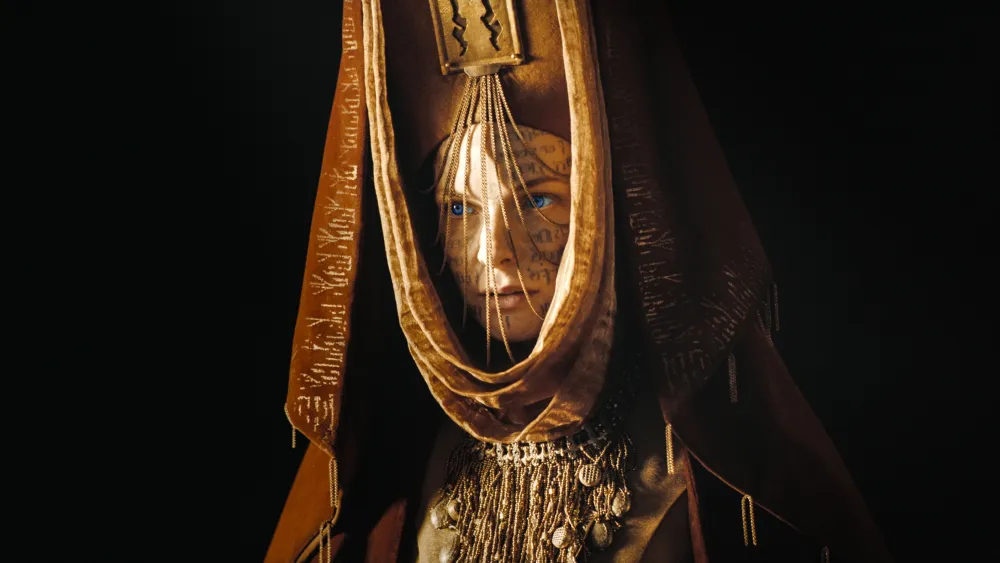


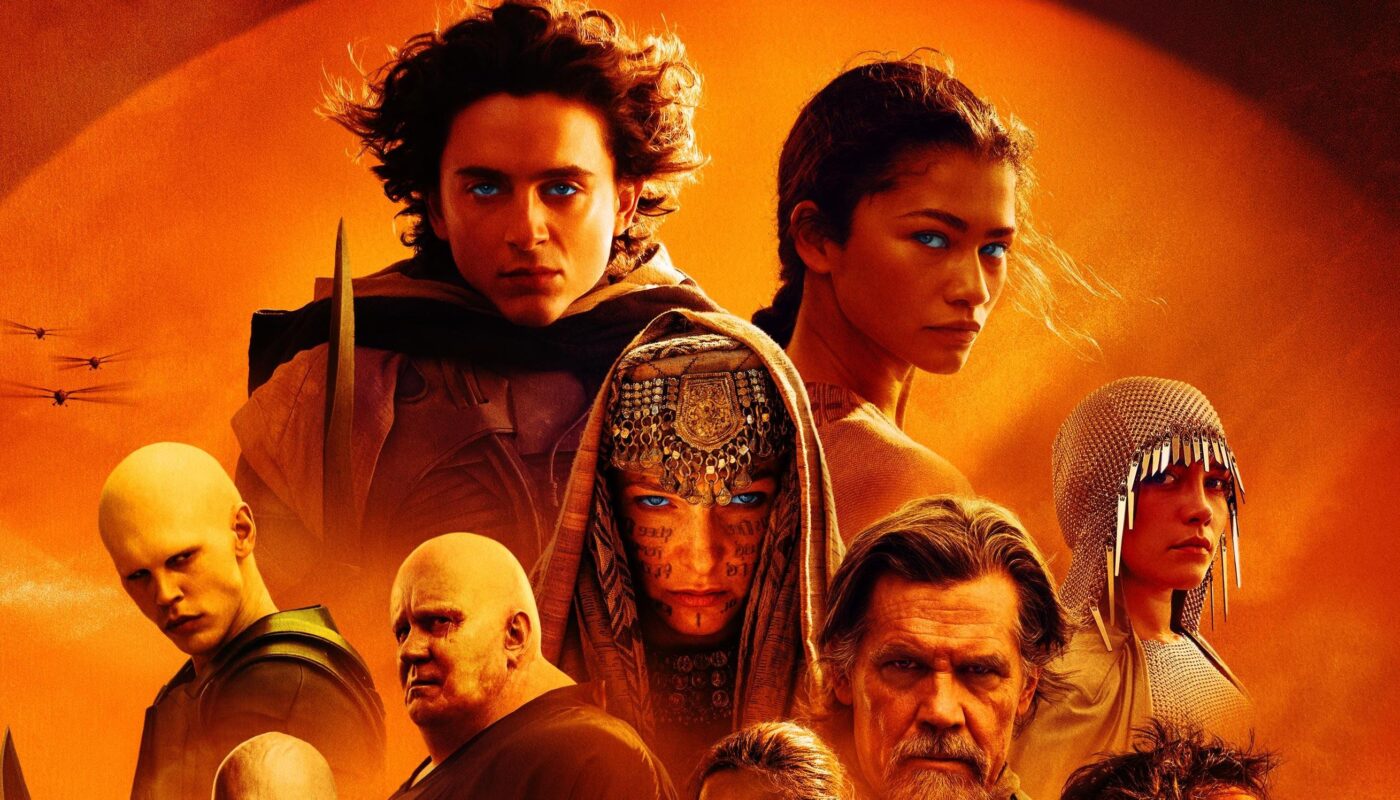
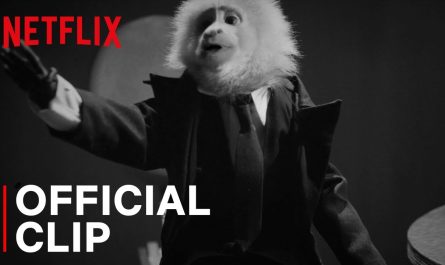
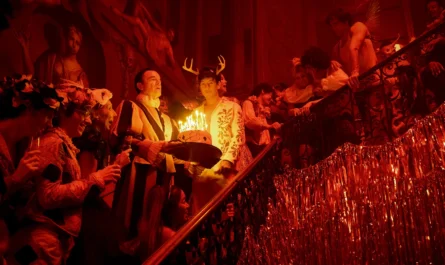

Thanks for sharing. I read many of your blog posts, cool, your blog is very good.
Can you be more specific about the content of your article? After reading it, I still have some doubts. Hope you can help me.
Tham gia 888slot APP là một quá trình đơn giản, nhanh chóng và bảo mật. Với giao diện được thiết kế tối ưu cho người dùng Việt Nam, việc bắt đầu trải nghiệm nhà cái đổi thưởng trở nên dễ dàng ngay cả với những người mới làm quen với thế giới giải trí trực tuyến. TONY12-15
Your point of view caught my eye and was very interesting. Thanks. I have a question for you. https://www.binance.com/en/register?ref=JHQQKNKN